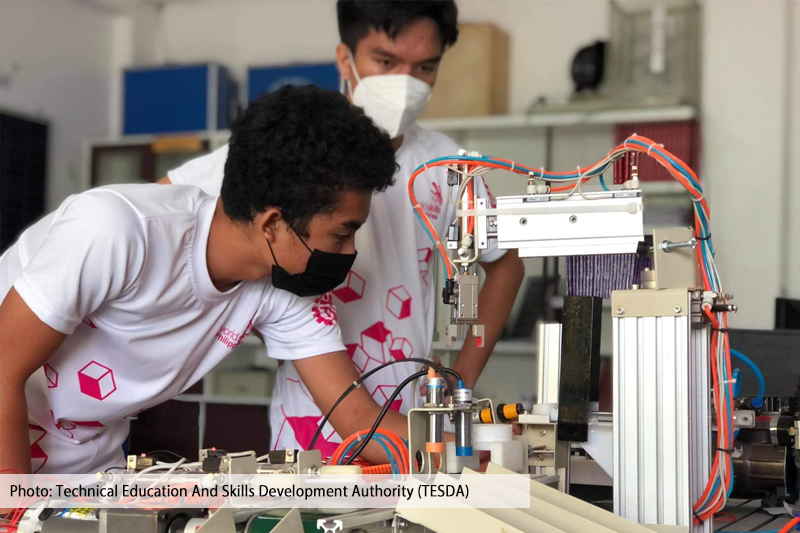MANILA, Philippines–The head of the Trade Union Congress of the Philippines urged the government to invest more in education and infrastructure for the energy and agriculture sectors to draw more investments that would open up more jobs for workers.
"The problem really is the lack of investment, both public and private,” Ernesto Herrera, president of the Trade Union Congress of the Philippines, said when sought for comment on the findings of the government think-tank Philippine Institute for Development Studies that the minimum wage has discouraged the creation of jobs and lowered the employment rate in the country.
"Many of our micro industries are exempted from paying the minimum wage. It could not be true that that is the reason for the very low employment rate,” Herrera said.
According to the former senator, the employment rate is related to investments that generate employment opportunities, and government should invest more in infrastructure, including education (to build the human resource pool needed by businesses), energy (to ensure reasonably priced and stable supply of electricity) and agriculture (to ensure the availability of raw materials for businesses and generate jobs where most of the Filipinos find their livelihood).
"We need competitive costs of electricity, irrigation, farm-to-market roads, training,” Herrera said.
"The private sector will not invest if there is no sufficient justification, meaning they are not convinced that they can make money, because their motivation is profit,” he said.
Herrera said the PIDS finding that 60 percent of unemployed were literate only showed that the economy has not been able to produce enough employment opportunities.
Another labor group slammed the PIDS study as "an alibi for the government and employers to reduce wages further” and a "guise for contractualization.”
"The present minimum wage levels are already below living standards, according to the NEDA, and yet they want to suppress it further,” said Gie Relova of Bukluran ng Manggagawang Pilipino.
Both TUCP and BMP representatives agreed that the labor sector has been at the losing end of the tripartite wage system.
"Our experience shows during wage increase deliberations that government and employer representatives gang up on the labor representative. Never has the government representative sided with the labor sector,” Relova said.
Herrera said this has been "normally the case, because democracy works through pressure and the greater pressure is exerted by business.” //
Gov’t urged to invest in education, infra to draw more investments, create jobs












